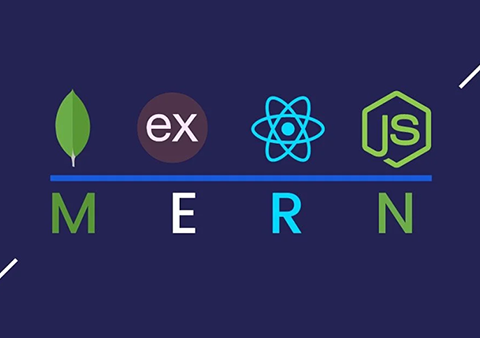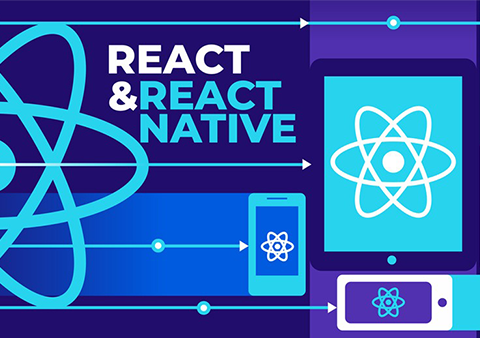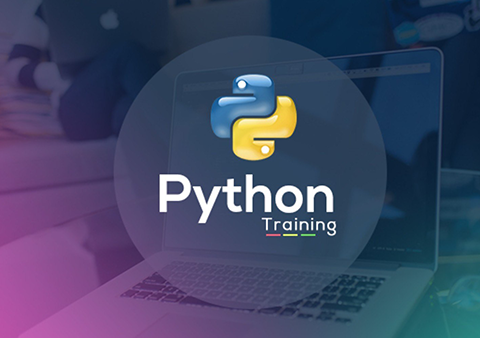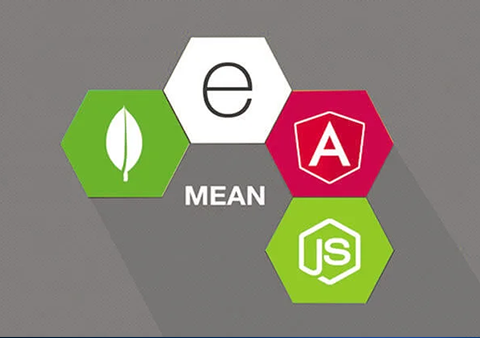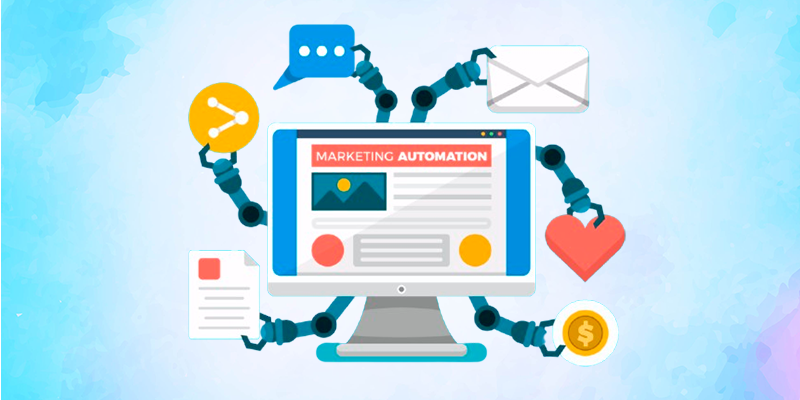Tricky Talks (or TWS Blog)
Unlock the Future of Tech with Smarter Learning and Real Impact
How AI Is Reshaping IT Jobs — and What You Should Learn Now
- Posted By: trickywebsolutions
-
 July 16, 2025
July 16, 2025

The integration of Artificial Intelligence solutions into several industries in recent years, especially in 2025, has significantly grown. This has not only made the overall workflow smarter and more efficient but has also made the process cost-effective by requiring less human intervention. Among many industries, the IT sector has become one of the major industries affected by Artificial Intelligence. The increased adoption of artificial intelligence solutions in businesses and various domains has raised significant doubts among many professionals about whether their jobs will be replaced by Artificial Intelligence. But AI in IT will never replace their job if they maintain the in-demand AI skills, which will make their work less hectic but productive.
Here in this guide, we will learn how AI is changing IT careers and what are the best AI skills you should acquire in 2025 to get ahead.
The Impact of Artificial Intelligence in the IT Domain
Today, more than 40% of the IT organizations have already implemented Artificial Intelligence solutions into their businesses, while some are exploring ways to integrate them to make their operations smoother and productive. All major companies have stated that they have experienced profound advantages after the integration of AI in IT solutions.
Ranging from network management and cybersecurity assurance to data analysis to managing IT services, AI in IT has made processes efficient and boosted productivity. But it’s necessary to develop and deploy Artificial Intelligence responsibly in order to keep transparency within the organization.
How Artificial Intelligence is Transforming IT Careers
As Artificial Intelligence continues to grow, IT professionals will have to keep pace with cutting-edge IT skills and popular AI skills in a bid to enhance operational efficiency and productivity. AI in IT is not merely a shift of a technological revolution—it has already transformed the manner in which professionals operate and fundamentally remodeled conventional job functions.
It has improved the competencies needed for certain professions and the technology required for the said profession, utilizing the strengths of Artificial Intelligence-powered software. While automation and Artificial Intelligence tools simplify operations, IT professionals are trying to keep the technology secure and reliable. Here’s how AI in IT is changing the career of IT professionals in 2025:
1. Growth in AI-Driven Job Opportunities
Based on the research and analysis, by the end of 2025, approximately 97 million new Artificial Intelligence-related roles are expected to emerge globally.
Companies across industries are increasing demand for roles that require emerging Artificial Intelligence and ML skills, such as AI engineers, data scientists, and MLOps specialists.
2. Evolving Skill Sets
To keep up with the evolving needs of clients and organizations, IT professionals now need to learn skills such as:
Machine Learning
Data Engineering
Natural Language Processing (NLP)
Prompt Engineering
Over 63% of IT professionals are already upskilling to stay relevant.
3. Redefining Traditional Roles
AI is transforming many conventional IT positions:
System Administrators → AI Ops Engineers
Software Developers → ML Engineers
Business Analysts → Data-Driven Strategists
4. Automation of Routine Tasks
Artificial Intelligence tools can now automate more than 40 % of repetitive IT operations, including:
Infrastructure monitoring
Automated incident ticketing
Code generation (e.g., GitHub Copilot, ChatGPT)
5. Smarter IT Operations (AIOps)
Artificial Intelligence-driven DevOps (AIOps) is enhancing system reliability. Additionally, organizations report a 60% reduction in incident resolution time through predictive analytics and anomaly detection.
6. Enhanced Cybersecurity Capabilities
AI-based security tools can detect threats 80% faster and more accurately.
New roles are emerging, such as:
AI Security Analyst
Threat Intelligence Engineer
7. Boost in Salaries & Market Value
According to salary comparison research, IT professionals with Artificial Intelligence skills earn 20–30% higher salaries as compared to other professionals who don’t have expertise in these trending IT skills. Niche roles like prompt engineers are commanding $250K+ annual salaries in top markets.
8. Emerging Career Paths in AI-Powered IT
Here are a few popular AI jobs in 2025 gaining popularity in the IT domain:
AI/ML Engineer
Cloud AI Architect
MLOps Specialist
AI Product Manager
Data Scientist
In-demand AI Skills to Learn
AI solutions have been implemented across several domains, including healthcare, finance, entertainment, and education. With the increased integration of these Artificial Intelligence solutions across industries, the demand for professionals who can implement apps requiring AI expertise is high. Therefore, it is important to learn trending IT skills to stay ahead in this domain. Below, we have listed a few in-demand AI skills required in 2025 if you want to keep up with the evolving needs of clients.
1. Programming
Having expertise in any of the programming languages is crucial to work with Artificial Intelligence-powered technologies. You should be well-versed in programming languages such as Python, Java, and Julia. The programming languages assist you in constructing machine learning models and interacting with AI algorithms.
2. Natural Language Processing
NLP is one of the essential and best AI skills to have in 2025 that helps developers build Artificial Intelligence powered applications. Today, everybody utilizes Natural Language Processing (NLP) technology in their day-to-day life. One example is Siri and Google assistants, which are being used by most of the population, ranging from kids to senior citizens. In countries like India, where around 121 languages exist, NLP plays a key role in digital transformation.
3. Machine learning
Another best AI skill one needs to develop in order to create Artificial Intelligence-driven applications is knowledge of machine learning. Understanding how machine learning works and learning the ability to design and implement its algorithms and models can help propel your career. Knowing how to utilize machine learning tools, the differences, and applications of supervised and unsupervised learning will also be beneficial.
4. Algorithms
AI algorithms enable a variety of functions, including data grouping, pattern recognition, and language translation. These characteristics enable Artificial Intelligence systems to learn, acquire new abilities, and employ data for enhancing products and creating other technologies. Neural networks emulate the structure of the human brain, and machine learning is an algorithm-based on algorithms that enables systems to learn from information and enhance their capabilities gradually.
5. Data analysis
Data analytics has emerged as a rapidly expanding field, with strong growth expected in the coming years. It involves more than just gathering data—it focuses on converting raw data into meaningful insights that support better decision-making, uncover deeper trends, and power AI systems. Many roles in AI, such as AI engineers, require extensive data handling skills, including data cleaning, transformation, and proficiency in tools and languages like SQL.

